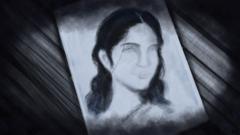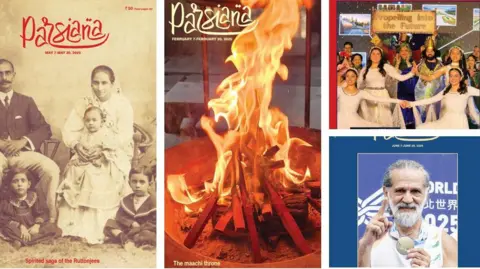At a time when women were largely excluded from the film industry, PK Rosy shattered stereotypes in the 1920s by becoming the first female lead in Malayalam cinema with her role in "Vigathakumaran," also known as The Lost Child. Despite her groundbreaking performance, Rosy's story was nearly erased, suffering from the harsh realities of caste oppression and social backlash due to her belonging to the lower-caste Pulaya community. Commanding attention yet destined to be forgotten, her legacy faded as she faced criticism for portraying an upper-caste woman in the film.
Born Rajamma in the early 1900s in what is now Kerala, Rosy's humble beginnings were marked by a history of oppression against her community. Her uncle's encouragement propelled her into the world of entertainment, where her talent flourished despite the societal constraints of her time. The moment she was cast by director JC Daniel, who was aware of her caste background, Rosy made a significant step into her career.
However, tragedy struck at the film's premiere when she and her family were barred entrance due to their Dalit identity. Following an uproar created by the audience's outrage over her role as an upper-caste woman, Rosy's life spiraled downhill. Amidst societal pressure and violence, she distanced herself from her roots, changed her name, and married into an upper-caste family—ultimately living the rest of her life in obscurity in Tamil Nadu.
Sadly, her children, born to her upper-caste husband, rejected their mother's heritage, perpetuating the cycle of caste discrimination that Rosy herself endured. The toll of caste-based trauma has left a lasting legacy, erasing Rosy's contributions and identity from public view.
In recent years, her significance has been reclaimed by Dalit filmmakers and activists who honor her memory and reinstate her importance within the cinematic landscape through festivals and foundation efforts. Yet, the narrative is bittersweet, as Rosy had to sacrifice her identity and passion to seek safety, underscoring the harsh realities of caste oppression in India, as emphasized by those who knew her story.
The haunting realization of Rosy's life story serves as a reminder of the power of systemic discrimination, leaving a longing for a recognition of her rightful place in history as a pioneering figure in Indian cinema.





















